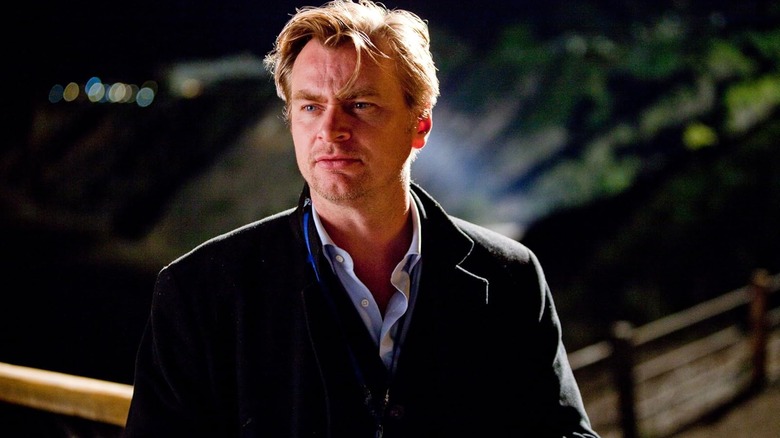
Melissa Moseley/Warner Bros.
Christopher Nolan has been attracting the eyes of critics throughout his entire career. Although it was working with a minuscule budget of $6,000 and only played in a few theaters in the United States, his 1998 debut feature "Following" was praised for its tight storytelling and terse psychological underpinnings. Nolan then rose to international fame with his 2000 film "Memento," a neo-noir about a man unable to form new memories. Its backward-chronological-order plot was cleverly conceived and impeccably laid out, somehow coming to a traditional narrative climax even while running in reverse.
From there it was off to the races, so to speak. Nolan became a power player in Hollywood, directing gigantic movie stars like Al Pacino and Robin Williams in a remake of "Insomnia" and making a gigantic, zeitgeist-shifting hit with 2005's "Batman Begins." Nolan's three Batman movies are still spoken of with enthusiasm to this day. Their success also allowed him to make multiple ambitious ensemble films about the shifting perceptions of time, including "Inception," "Interstellar," "Dunkirk," and "Tenet." Nolan's most recent film, "Oppenheimer," a biopic of J. Robert Oppenheimer, the father of the atomic bomb, just won seven Academy Awards, including Best Picture and Best Director.
Nolan is a steely, unemotional filmmaker, more concerned with the groaning mechanics of temporal machinery, or the intricate construction of weapons than he is with the human heart. He is also a deeply enthused cineaste, familiar with a broad swath of cinema and fond of international classics familiar to subscribers of the Criterion Channel. Indeed, back in 2013, Nolan was asked by Criterion to list his 10 favorite movies, and nine of them had already been released by their prestigious Collection.
None of Nolan's favorites are wholly obscure, but most of them are a little off-the-beaten path. His recommendations, listed below, are all worth checking out.
Many of Nolan's picks have a clear connection to his own films
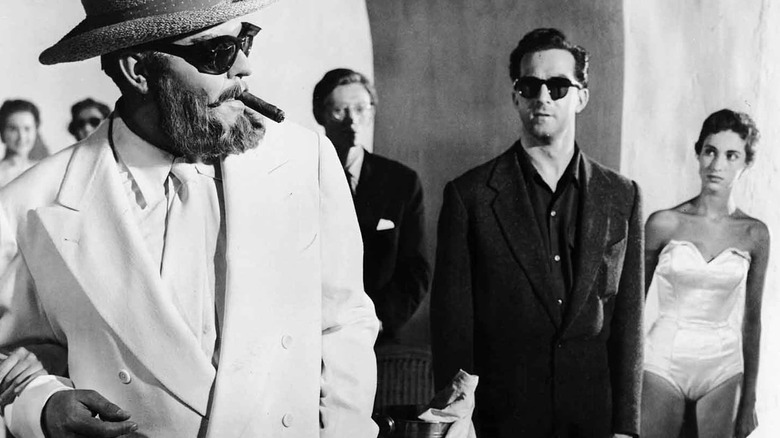
Warner Bros.
10th on Nolan's list was Erich von Stroheim's notoriously lengthy 1924 melodrama "Greed." At its premiere, "Greed" ran over nine hours, running from 10:30 a.m. all the way until 8 p.m. The story was an operatic epic about a winning lottery ticket in the hands of a torn bride and the accompanying avarice from her suitors. As the characters' lives become more horrible, no one wants to actually spend the money, preferring to stay wealthy as it were. Naturally, by the end, everyone has lost everything. "Greed" was eventually released in a 140-minute version, although in 1999, production stills were cut together to make a 229-minute version. As of this writing, it's the best we'll get.
Also notoriously troubled was Nolan's ninth-favorite, Orson Welles' 1955 film "Mr. Arkadin," based loosely on the Harry Lime radio dramas. Multiple cuts of "Mr. Arkadin" exist and it's hard to know what Welles wanted the final cut to be. The story follows the titular Russian oligarch (Welles), who has amnesia when he hires a private citizen (Robert Arden) to look for clues about his past. Arden finds that his employer used to be a horrid criminal. Forgetting the sins of one's past is also a theme in Nolan's own "Memento."
Eighth on Nolan's list was Godfrey Reggio's celebrated 1982 montage documentary "Koyaanisqatsi." The film has no narration and juxtaposes images of the natural world with images of rockets and cities. The title is a Hopi word meaning "life out of balance," and the film is more or less entropy in motion. Seventh on the list was another montage-like documentary: Al Reinert's 1989 astronomy film "For All Mankind." That film mixes a Brian Eno score with audio of various Apollo astronauts describing their experiences going to the moon. It's an 80-minute sensory experience that attempts to emulate the experience of space travel. These two films are all over Nolan's "Interstellar."
Even more Nolan favorites that've influenced his work
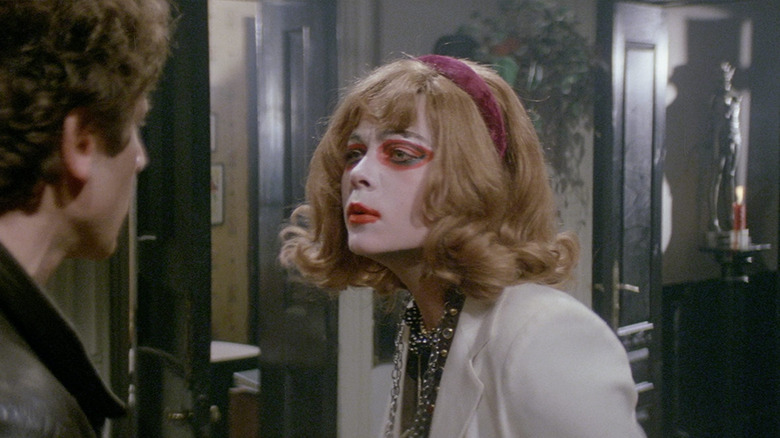
Rank Film Distrubutors
Nolan listed his sixth favorite movie as Nagisa Oshima's 1983 war drama "Merry Christmas, Mr. Lawrence." Oshima's film stars David Bowie, who would go on to work with Nolan in his magician thriller "The Prestige." "Mr. Lawrence" takes place in 1942 at Lebak Sembada, a Japanese POW camp on the island of Java. The director of the camp (Ryuichi Sakamoto) mostly communicates through the titular Mr. Lawrence (Tom Conti) and soon becomes romantically obsessed with a new inmate named Cellier (Bowie). As one might imagine, such romantic tension isn't conducive to the smooth running of a prison camp, and emotions become knotted before violence breaks out.
Nick Roeg's 1980 drama "Bad Timing" was fifth on Nolan's list, and we may now surmise that Nolan is drawn to tales of psychological discomfort. "Bad Timing" tells the story, in flashback, of a suicidal young American woman (Theresa Russell) and her incredibly unhealthy relationship with a man named Alex (Art Garfunkel) in 1980 Vienna. It's a film that unravels the fleeting nature of toxic romance and how men insidiously mistreat women. No one is better off by the end.
More broadly entertaining was Nolan's fourth favorite movie: Fritz Lang's 1933 crime thriller "The Testament of Dr. Mabuse," a stylish corker that any modern teen would gig. The film centers on a cop (Otto Wernicke) investigating the criminal machinations of the twisted Dr. Mabuse (Rudolf Klein-Rogge), who's already locked up in a mental asylum. There's no doubt the makers of Batman watched this film for inspiration, and Nolan certainly looked to it to make his own movies about the Caped Crusader.
Listed third was Terrence Malick's 1998 war drama "The Thin Red Line," an abstract tone poem about the Battle of Balaclava. Boasting an impressive ensemble cast, most of the film's dialogue is delivered in whispered interior monologues, with soldiers pondering the uselessness of war. One can see the germ of "Dunkirk" in it.
Nolan's top two favorite movies
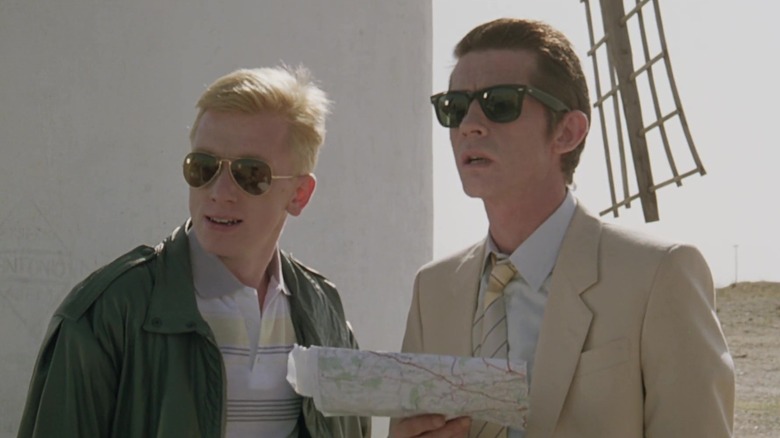
Palace Pictures
Listed second was Sidney Lumet's 1957 film "12 Angry Men," a legal discussion thriller that requires little description since most American high school students are required to watch it in class. It remains one of the best films ever made and takes place almost entirely in a hot jurors' room, where the 12 jurors discuss the details of a murder case. Issues of prejudice and class arise during the deliberation, and reasonable doubt may be found.
Finally, Nolan's favorite movie is Stephen Frears' relatively obscure crime flick "The Hit." Frears might be the opposite of Nolan in that he doesn't have a signature style or even a genre he prefers. Frears is merely an expert in the filmic craft, knowing instinctually how to most efficiently shoot a scene without the use of stylistic bells and whistles. Nolan didn't comment on the film's style, but one can see the mutual horrid panic of the two protagonists (John Hurt and Tim Roth) forming in films like "Following" and "Memento." On the Criterion website, Nolan was quoted as saying:
"That Criterion has released this little-known Stephen Frears gem is a testament to the thoroughness of their search for obscure masterworks. Few films have gambled as much on a simple portrayal of the dynamics between desperate men ..."
It should be noted that the Criterion Collection has also released Nolan's "Following" on both Blu-ray and on the Criterion channel. Take the above list as a blueprint for your next few movie marathons, and be sure to include "Following." These are all great films.

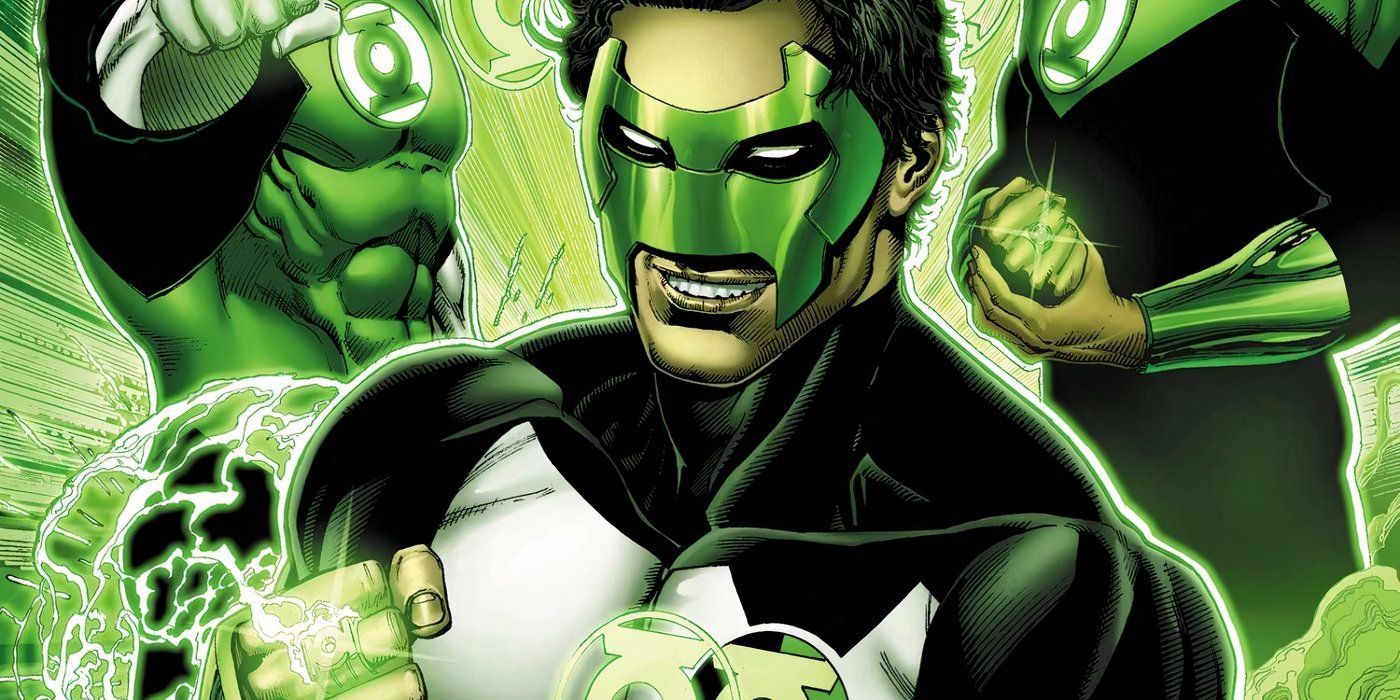

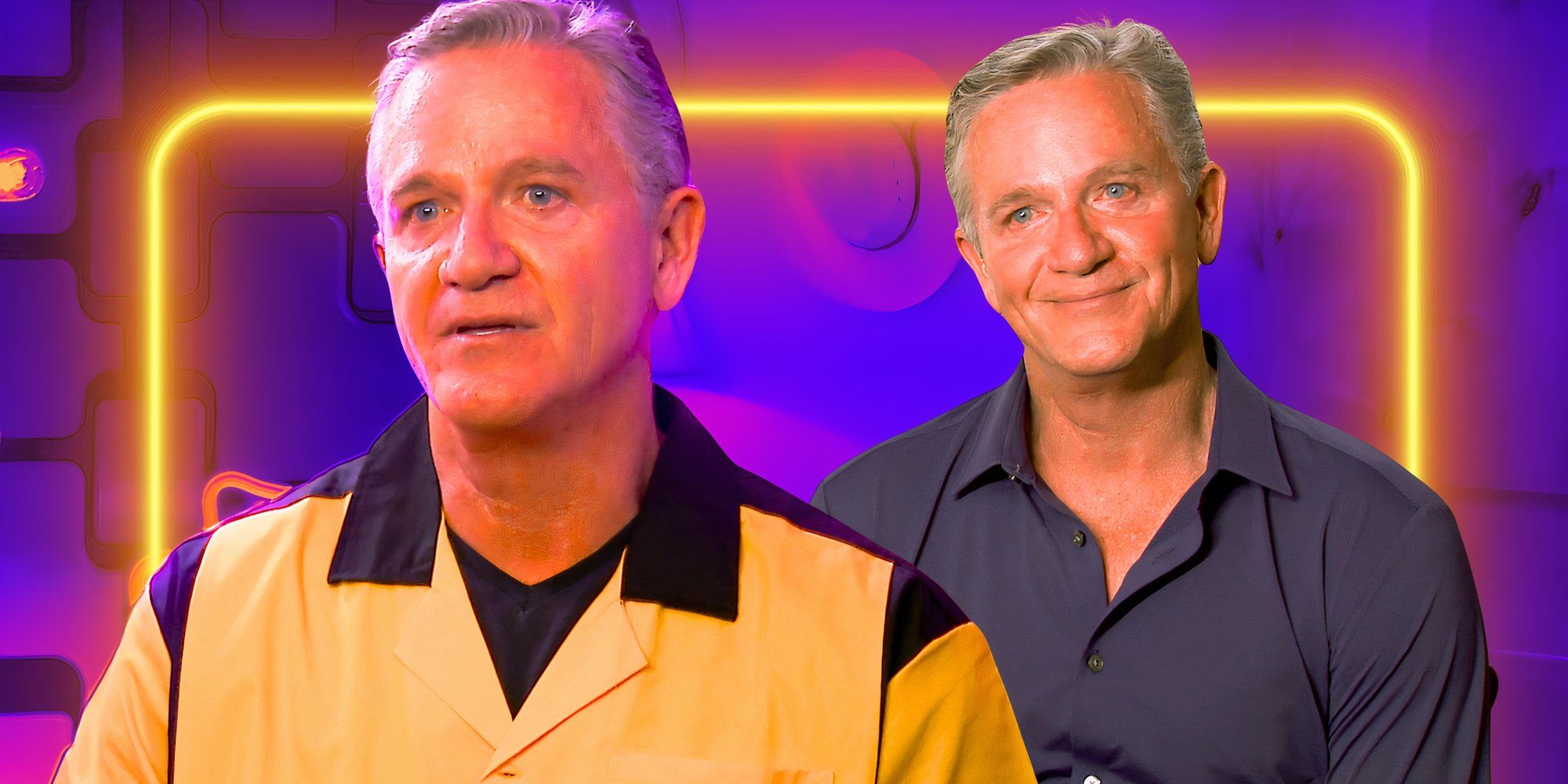
:quality(85):upscale()/2024/10/29/625/n/1922564/ec222ac66720ea653c5af3.84880814_.jpg)
:quality(85):upscale()/2024/10/25/846/n/49351082/bfc0fdb3671bef086c3703.42134063_.jpg)
:quality(85):upscale()/2021/07/06/971/n/1922153/7d765d9b60e4d6de38e888.19462749_.png)

:quality(85):upscale()/2024/10/29/957/n/1922441/c62aba6367215ab0493352.74567072_.jpg)
 English (US) ·
English (US) ·